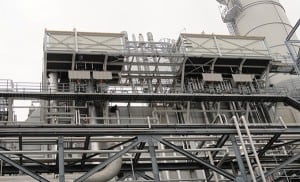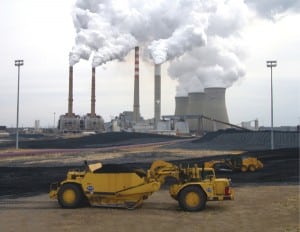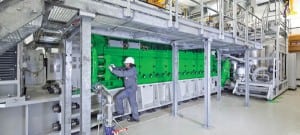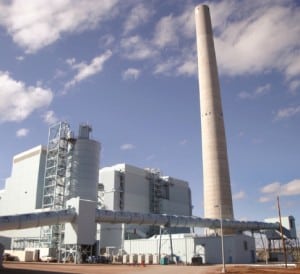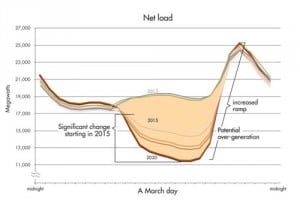gas
-
O&M
Prepare Your Gas Plant for Cold Weather Operations
A sustained Arctic blast composed of freezing rain, record snowfalls, and high winds hit 22 states, from Mexico to New England in early February 2011. The extreme weather severely affected the power generation
Tagged in: -
Coal
TVA Likely to Retire Three Coal Units in Tennessee
The Tennessee Valley Authority (TVA) is poised to decide on the fate of a coal-fired power plant in Tennessee. At its next meeting on Aug. 21, the TVA board will likely choose to retire three existing coal-fired units at the Allen Fossil Plant in Shelby County, Tenn., by December 2018 and replace them with a […]
Tagged in: -
Gas
Practical Considerations for Converting Boilers to Burn Gas
Many utilities have taken advantage of relatively low-cost natural gas to address environmental pressures and upgrade their power generation portfolio in one of three distinct ways—replace, repower, or
-
Gas
Reciprocating Engines Continue to Be Flexible Workhorses
Gas Power Reciprocating gas engines find work in multiple power generation applications, from providing fast-start backup generating capacity for intermittent renewable resources to offering scalable and
-
Renewables
Challenging Power Market Hurting Plant Valuations
Pressures on competitive power markets have fueled substantial declines in plant valuations over the past five years, with coal plants taking the brunt of the damage. That’s the conclusion of a new report from financial services firm Fitch Ratings released on Wednesday. The report, which calculated the net present value of plants across the country […]
-
Legal & Regulatory
Washington Think Tank Scopes Out State Shale Gas Regulation
U.S. states vary widely on how they are regulating the booming business of producing natural gas from shale formations, according to a study released this summer by the Washington environmental think tank Resources for the Future (RFF). “As the shale gas boom has taken off,” says RFF, “states have updated their regulations, each with varying […]
-
Coal
BP: King Coal Keeps the Worldwide Throne Against the Gas Challenger
The revolution that has toppled coal from the top of the generating queue in the U.S. has not reached the rest of the world, according to the “BP Statistical Review of World Energy.” While natural gas may have supplanted coal as king of the hill in the U.S. electric generating mix, the solid mineral—geographically the […]
-
Gas
The Challenge of Methane Emissions: How Important, How to Detect
Much recent debate about shale gas recovery through horizontal drilling and hydraulic fracturing has focused on methane emissions from shale gas wells. The general take on this topic is that methane (the remarkably simple molecule CH4) is a greenhouse gas “20 times” or “25 times,” or some other number, more “potent” than carbon dioxide, the […]
-
Gas
Trend: Is Shale Gas a U.S.-Only Phenomenon, or Does It Have Farther Reach?
The shale gas revolution has so far been a U.S. phenomenon. But hydrocarbon-containing Devonian shale formations are far from a U.S. or even North American phenomenon. Geologic forces didn’t follow political boundaries in the Devonian period 400 million to 300 million years ago. Indeed, the continents then were not where they are today by large […]
-
Commentary
Renewable Intermittency Is Real
If you’ve been paying attention to energy issues in the media lately, you may have encountered a curious narrative that’s starting to gain traction among supporters of renewable energy. Namely, that the core problem with wind and solar photovoltaic (PV) generation, which is matching moment-to-moment demand with the intermittency wind and sunlight, isn’t really a […]
Tagged in:

